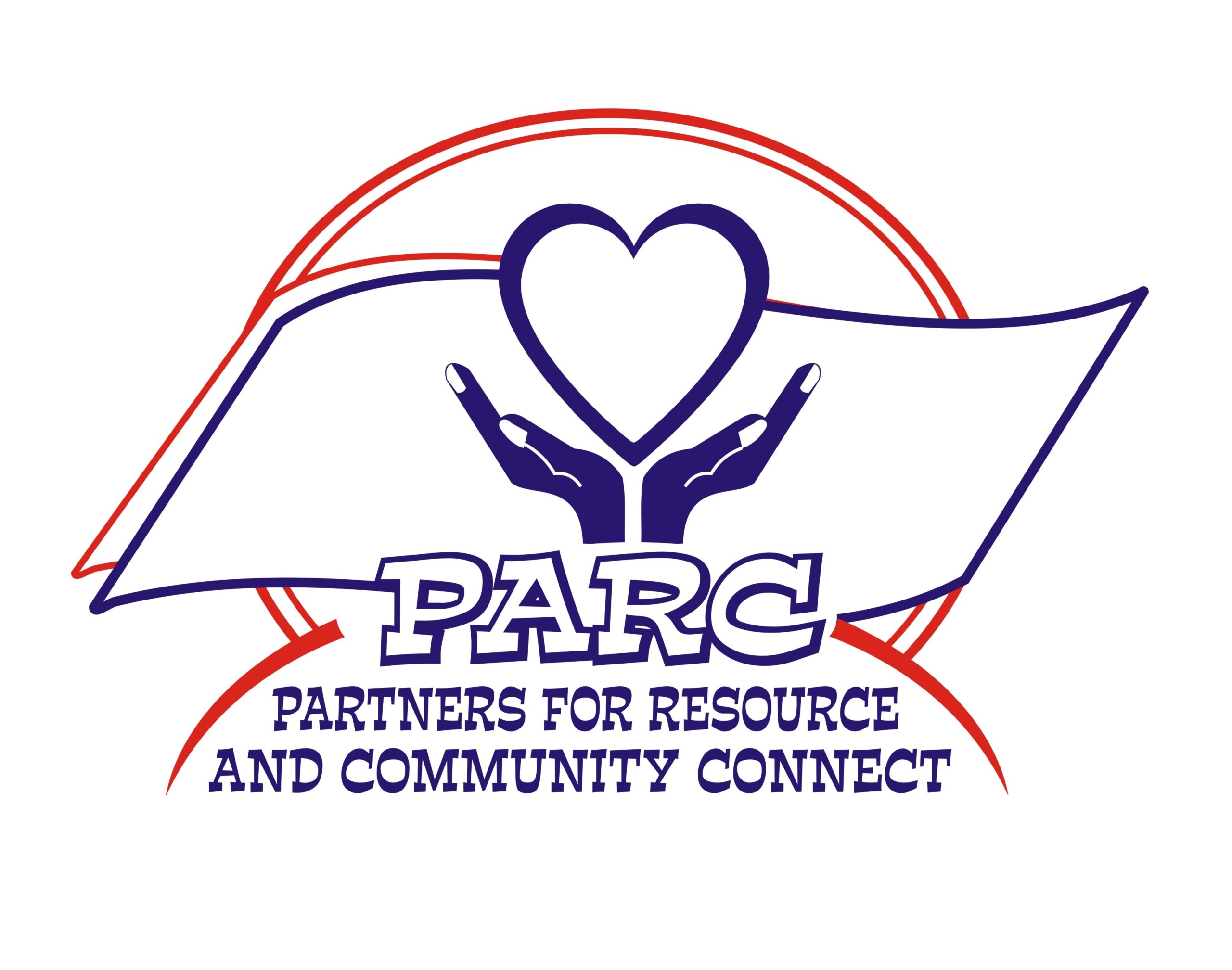Seeing education as the key to economic development, PARC supports other existing learning establishments (both public and private schools) working together with the local community to improve, consolidate and monitor educational opportunities. By addressing barriers students face, we can increase the impact education has on their future. To this, we are implementing various inter-related interventions directed towards creating better and safer the learning environment, increasing access to learning materials, and improving the quality of learning.
Supporting Local Schools
Twining Schools Globally and Student Penpal
The Problem We are Addressing
How We are Trying to Solve the Problem.
With the objective to bridge the pedagogic gap between urban and rural students, we digitally connect schools from different countries and foster global connections amongst children across the globe. Interested schools (and /or class) in a developed country are linked or twined with a partner school or class in a developing country, particularly Uganda and they together establish a pen-pal project for their children (plus teachers and parents). Upon getting the expression of interest from schools in developed countries, PARC identifies a match or partner school in Uganda, and we do the basic introduction of the program, how it works, and expectation sharing. On agreement for participation is reach, PARC coordinates with the contact teachers such that there is communication on a regular basis through letters or video communication, and have interested students in each partner school or class is matched with a pen-pal.
Why We Think Global School Twinning is the Solution
Our focus is to improve the quality of teaching and learning in rural Uganda while allowing children to devise educational initiatives and projects to share ways to improve sustainability both locally and globally. The actual projects/ activates will jointly be planned and agreed upon by the partners, to reach their educational goals – but must be inline with the Ugandan Ministry of Education’s prescribed learning outcomes. The main goal is to learn about each other’s lives, and experience ‘a true empowerment’ to help them express their own culture and absorb the knowledge of their peers across the world, while also gaining valuable experience communicating and exchanging their opinions, skills, and potential.
The concept is to get an education ‘Outside The Classroom Practices’ and beyond individual volunteering experiences to integrate specific learning processes, like interpersonal reflection and critical thinking. Most importantly, it gives children a voice in creating change, the experience of working collaboratively to affect change, and a deeper understanding of themselves and others; generating 4-way traffic in terms of cultural exchange, technology access, educational enhancement, and international development. Beyond this, partner schools/ children will come up with projects based on what is happening locally and globally – they learn about an issue that is affecting the world, talk about the feelings that they would be experiencing in a similar situation, foster empathy for those affected, and then come up with an idea for how they can help.
Community Library and Online Tutoring
We are offering a contingent of related services aimed at improving children’s skills in language (English), numeracy (Maths), communication, and research. This is being done through various interactive activities ranging from access to reading materials to supplementary online tutoring, as well as experimental labs to bring together and engage learners (children) and educators (teachers/ tutors) from all over the world. The project is focused on building a comprehensive support system to improve the academic performance and educational outcome by;-
-
-
Ensuring access to learning materials through the library (both physical and virtual/ digital libraries) where academic materials and several computers connected to the internet will be free to use.
-
Organizing online tutoring classes that concentrate on Science, Technology, English language, Mathematics (STEM concepts).
-
Organizing and conducting virtual training/ meetings/ webinars for Ugandan teachers with their peers globally to learn about children-centered methods and share how best they can improve education delivery in Uganda.
-
Offering computer classes will be offered to students, parents, and teachers and they will be taught how to access educational resources online.
-
Planning the opening and maintaining of community contact points (to become a meeting place) for reaching out to – and active engagement with the children on the street, who have dropped out of school and started working at a very young age, supporting them to continue with their education..
-
Distributing print materials in local communities and providing encouragement so the children can continue their studies at home.
-
